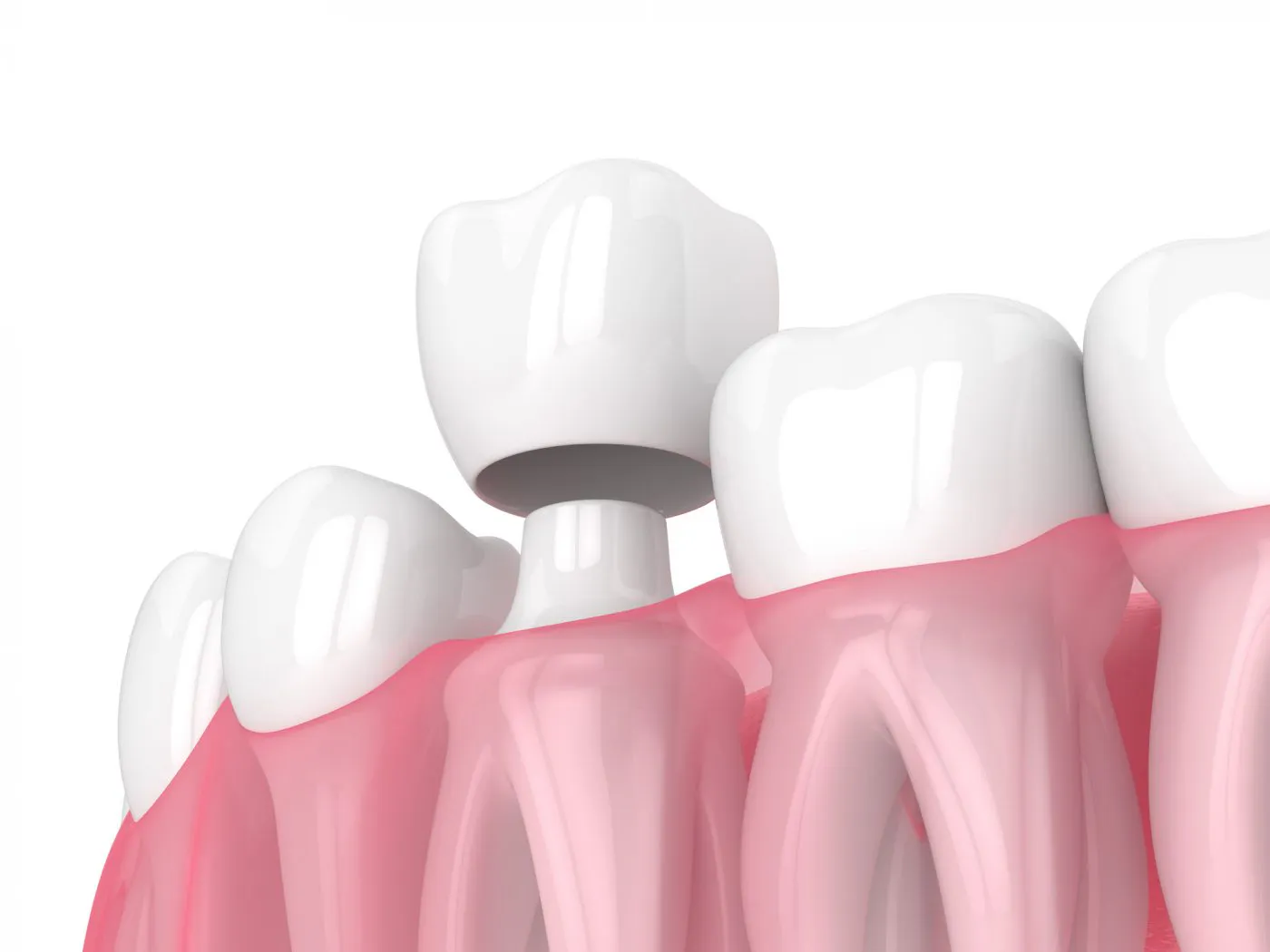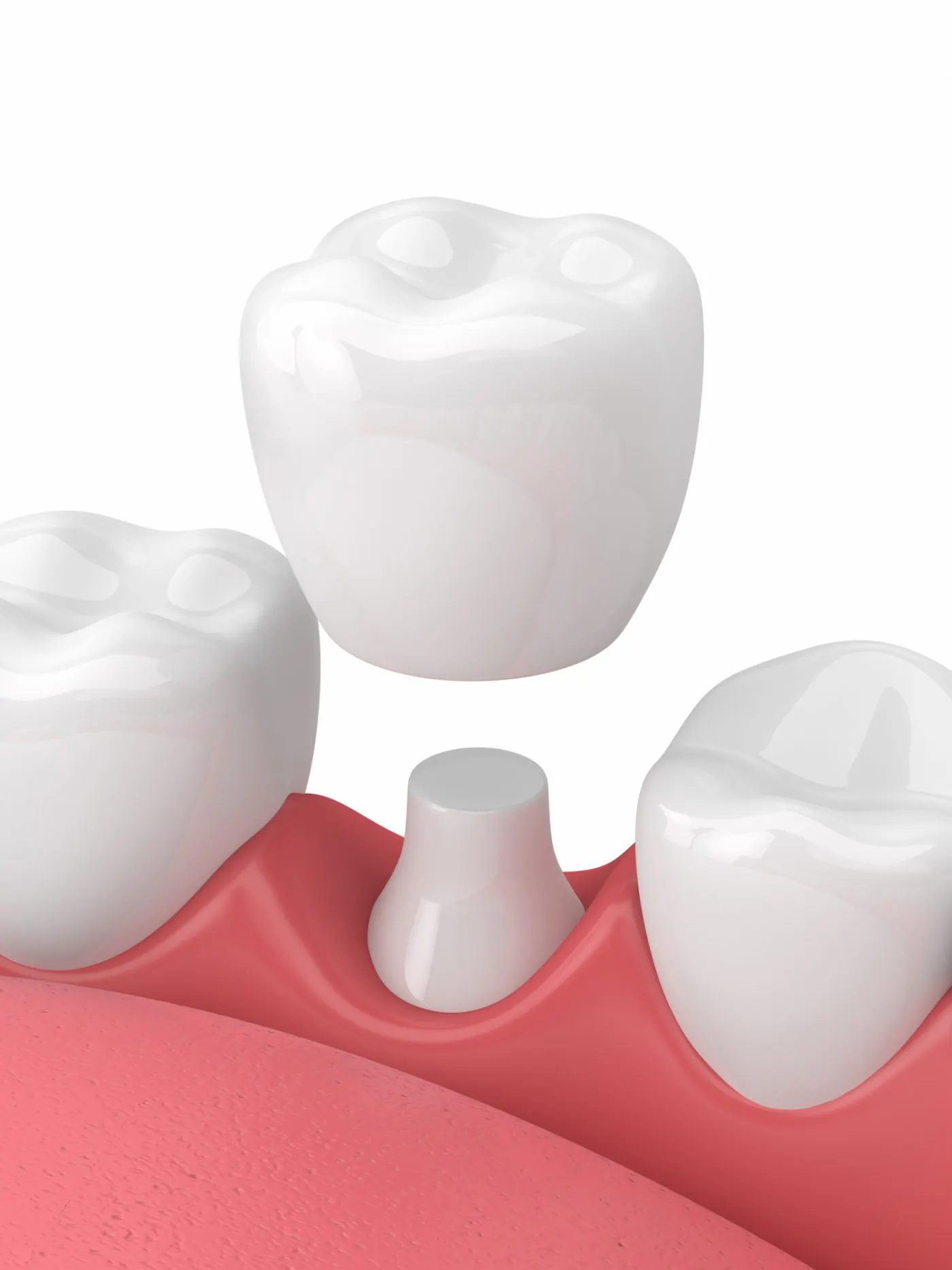How long will a crown last?
A permanent crown can last between five and 15 years, depending on your habits, lifestyle and oral care routine. Teeth grinding can put pressure on a crown, leading to cracks and possible damage. If you know that you suffer from clenching or grinding, speak to your Portman Dental & Implant Clinic dentist; they will be able to provide you with advice and possible solutions (such as a mouthguard) to help protect your crown and keep it looking its best into the future.
How shall I look after my crown?
You can treat your crown like a normal tooth. While it does not require any particular care, remember that it acts as a sleeve over the top of your natural tooth and so decay and gum disease can still occur without a good oral health routine. Keep up regular visits to your dental practice and remember to continue to floss around the tooth. When flossing, try to pull the floss through your teeth rather than upwards – sometimes pulling up and out can catch on your crown and contribute to wear and tear.







